Are you a Matcha seller? Join as a Vendor
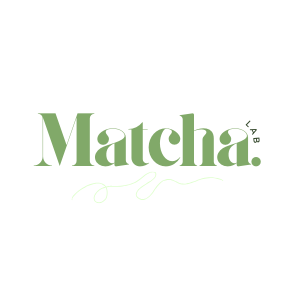
Matcha Lab brings the authentic taste of Kakegawa, Japan, directly to European tea enthusiasts who seek quality and wellness in every cup. The brand focuses on sourcing premium matcha powder from one of Japan’s most respected tea-growing regions, making traditional Japanese tea culture accessible without compromising on authenticity or health benefits.
The Kakegawa region has cultivated exceptional green tea for generations, and Matcha Lab maintains direct relationships with producers in this area. This connection ensures that every batch meets strict quality standards while preserving the traditional methods that make Japanese matcha distinctive.
The brand offers two core matcha varieties: a ceremonial-grade matcha in 40g packages for daily drinking and a culinary matcha in 100g portions for cooking and baking. Both varieties deliver the antioxidant-rich profile that supports skin health, digestive wellness, and natural energy without the crash associated with coffee.
Matcha Lab goes beyond powder alone. The brand provides authentic bamboo accessories that honor the Japanese tea ceremony tradition. Their selection includes bamboo whisks (chasen) and bamboo spoons designed for proper matcha preparation.
These tools serve a practical purpose: they help create the smooth, frothy texture that defines well-prepared matcha. Whether someone is making a traditional tea or a modern matcha latte, the right equipment makes a noticeable difference in taste and presentation.
Understanding the European market, Matcha Lab offers worldwide shipping with established availability across France, Belgium, Spain, the Netherlands, and Portugal. The brand recognizes that matcha newcomers and experienced tea drinkers have different needs, which is why their product range accommodates both ceremonial preparation and everyday culinary use.
Customer feedback consistently highlights the smooth taste and mild bitterness of their matcha, making it approachable for beginners while satisfying enough for daily consumption. The brand provides educational resources about matcha origins, preparation methods, and health benefits, helping customers integrate this ancient beverage into modern lifestyles. Matcha Lab represents a bridge between Japanese tea tradition and contemporary European wellness culture, delivering quality that respects both heritage and health.
Matcha Lab offers a carefully curated selection of matcha products designed for different uses and preferences. Their current product lineup includes Matcha classique – 40g priced at €18.90 EUR, which appears to be their ceremonial-grade offering, and Matcha culinaire – 100g at €15.90 EUR, specifically designed for culinary applications.
The distinction between ceremonial and culinary grades reflects the traditional Japanese approach to matcha production. Ceremonial grade matcha comes from the youngest, most tender leaves of the ichibancha (first flush) harvest, offering a symphony of vegetal sweetness with rich umami notes and minimal bitterness. This grade is meant for traditional tea ceremonies and pure enjoyment, where the delicate flavor profile can be fully appreciated.
Culinary grade matcha, sourced from later harvests like nibancha and sanbancha, presents a bolder and more assertive flavor profile. Its robust character and slight astringency make it ideal for lattes, smoothies, baking, and various culinary creations where the matcha needs to maintain its presence alongside other ingredients.
Quality matcha production follows centuries-old techniques that preserve the tea’s essential characteristics. The process begins with shade-grown cultivation, developed in 16th-century Japan, where tea farmers cover plants for several weeks before harvest. This technique boosts chlorophyll and L-theanine levels, creating matcha’s distinctive vibrant green color and calming properties.
After harvesting, leaves undergo careful steaming to halt oxidation, preserving their fresh essence. The final transformation occurs through traditional granite stone mills, which grind the dried leaves at slow, deliberate speeds. This method prevents heat buildup that could damage the delicate flavors, resulting in the ultra-fine powder that distinguishes authentic matcha from mass-produced alternatives.
For more detailed information about matcha production techniques, visit Sencha Naturals’ comprehensive guide.
Matcha Lab was founded to bring genuine Japanese matcha tradition to Europe, focusing on sourcing high-grade teas from the Kakegawa region. Emphasizing both ceremonial and culinary matcha, Matcha Lab ensures every product reflects centuries of Japanese mastery.
In Japan, tea plants for matcha are shade-grown for weeks prior to harvest to boost chlorophyll and amino acids, giving the tea its vibrant green color and rich umami flavor. After harvesting the top leaves, they are quickly steamed, dried, and deveined, producing tencha ready for stone-grinding. Traditional granite mills slowly grind the leaves into fine powder, preserving subtle flavors and nutrients.
Once the matcha arrives in Europe, Matcha Lab partners with skilled artisans to package and blend teas, offering accessories like bamboo chasen whisks and chashaku scoops. This attention to detail ensures customers experience authentic tea ceremonies at home.
In the early 16th century, Japanese tea farmers pioneered a method of shading tea plants with bamboo screens, increasing chlorophyll and L-theanine content, creating the foundation for modern matcha’s smooth, umami-rich taste.
During the Meiji era, matcha was brought to Europe by Japanese diplomats and traders, sparking curiosity among tea aficionados and influencing Western tea culture with its vibrant color and unique flavor profile.
Matcha Lab was established in France to unite Japanese tea tradition with European markets, sourcing their premium ceremonial and culinary matcha directly from the Kakegawa region and curating authentic bamboo tools for tea ceremonies.
Find below some answers to the most common questions about Matcha lab.
Unfortunately, Matcha Lab’s website appears to be temporarily unavailable, making it difficult to access their current product lineup and place orders directly. This situation has left many potential customers unable to explore their specific matcha offerings or learn about their unique cultivation and processing methods.
If you’re interested in Matcha Lab products, you may want to check back periodically or look for their products through authorized retailers who might still carry their inventory.
While specific details about Matcha Lab’s sourcing practices are currently unavailable due to their website issues, most specialty matcha brands typically focus on specific regional partnerships in Japan’s renowned matcha-producing areas like Uji (宇治), Kagoshima (鹿児島), and Shizuoka (静岡).
Quality matcha brands often emphasize their relationships with specific tea farms and their commitment to traditional processing methods, including stone-grinding techniques that preserve the delicate flavor profiles of ichibancha (first flush) leaves.
Without access to Matcha Lab’s current product catalog, we cannot confirm their specific grade offerings. However, most established matcha brands typically provide multiple grades to serve different customer needs:
The distinction between grades primarily relates to harvest timing, with ceremonial grade using the youngest, most tender leaves from the ichibancha harvest period.
Currently, detailed information about Matcha Lab’s processing techniques is not readily available due to their website accessibility issues. Traditional matcha processing involves several critical steps that quality-focused brands typically highlight:
The process begins with shade-growing cultivation to boost chlorophyll and L-theanine levels, followed by careful steaming to halt oxidation, drying, and finally stone-grinding using traditional granite mills. This slow grinding process preserves the nuanced flavors and creates the ultra-fine powder texture that distinguishes high-quality matcha from mass-produced alternatives.
There are no results matching your search
Click below to see the profile of a matcha brands similar to Matcha lab.
No results available
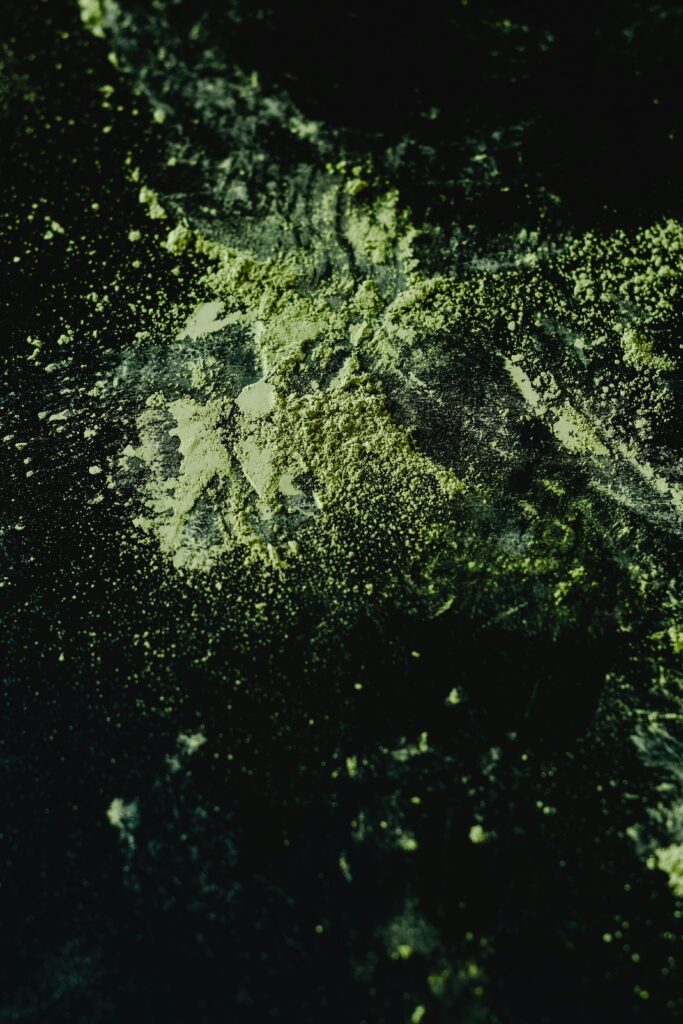
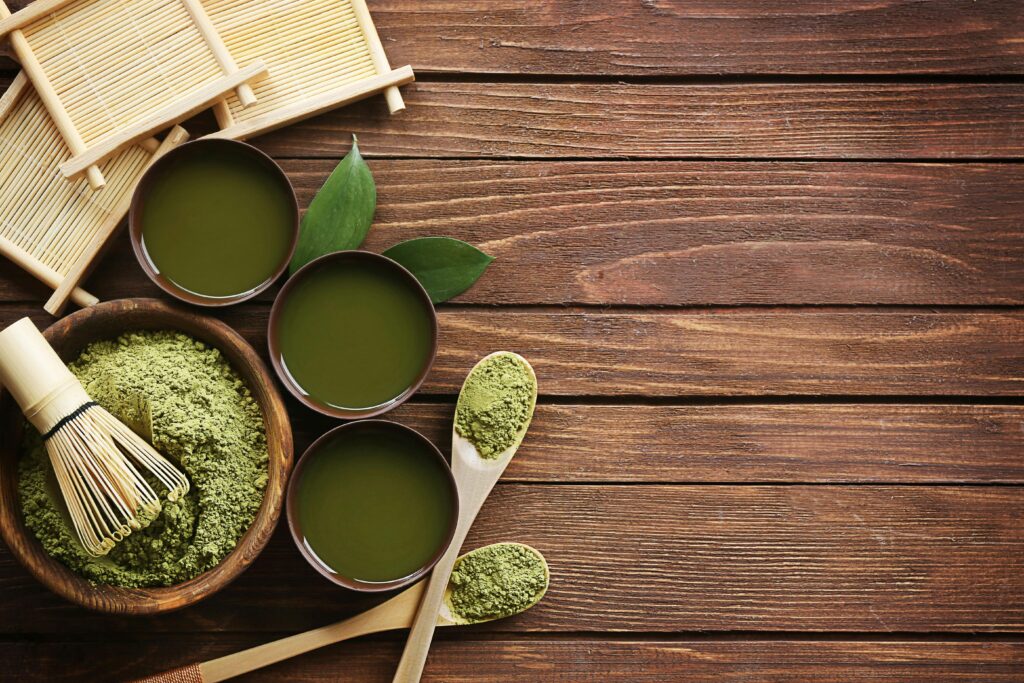
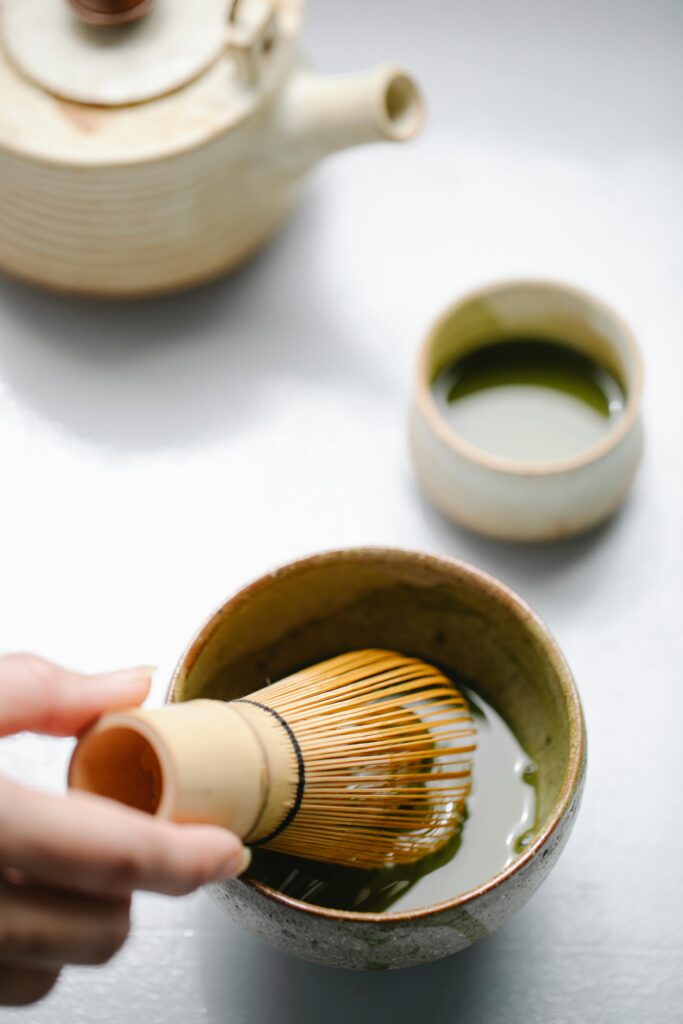
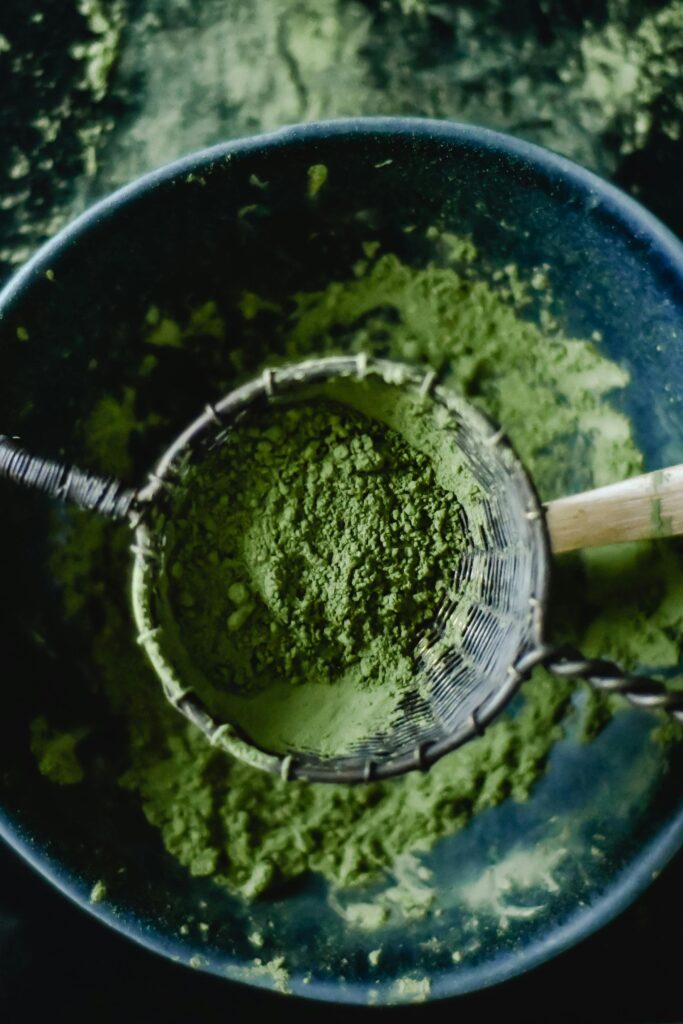
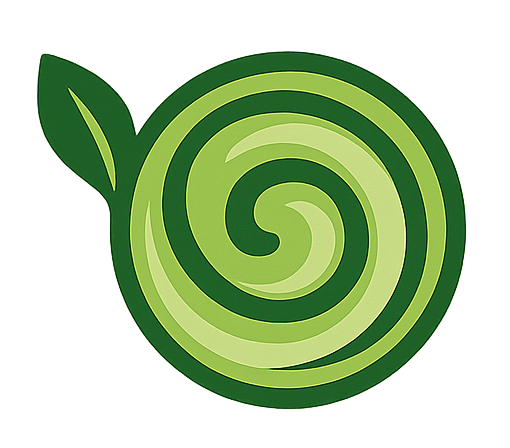
Join our mailing list to receive updates and exclusive tips.
There are no results matching your search